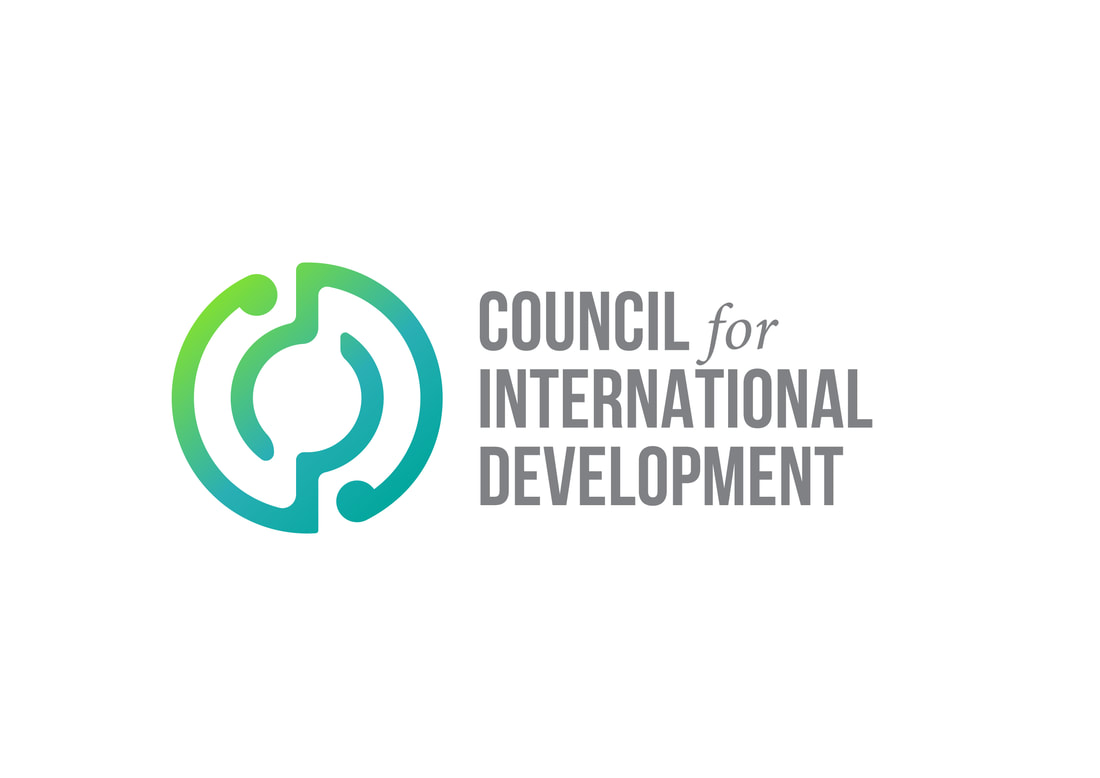The much-loved ADC Microfinance Quiz is back again! Our annual fundraiser brings together an awesome bunch of people who like to have fun and get competitive! Come along and test your general knowledge. This event raises funds for ADC Microfinance, a New Zealand charity supporting entrepreneurs in Myanmar to find their way out of poverty. Since our inception in 2008, we have distributed more than $3 million worth of microloans to 12,000 people. With the ongoing military coup in Myanmar, our work there is more important than ever.
What's happening on the ground? February marked the second year of Myanmar being under military rule, with the junta illegally seizing power on February 1, 2021. The country continues to operate in a state of mayhem, with instability, crime and a tanking economy causing turmoil in every facet of society. Thousands of people have been killed, more than 100 villages have been burned to the ground, countless companies, schools, and hospitals have been closed. There is a pronounced air of uncertainty, recently heightened by the military regime announcing an extension to its state of emergency, in turn delaying the elections the junta had pledged to hold by August. The military invoke fear at what seems like every opportunity, introducing new laws and punishments for obscure activity. You only need to run a quick Google search to learn about some of these. Most of us can only imagine what life is like in Myanmar at the moment; with ongoing power cuts; connectivity being severed; men, women and children experiencing harrassment and punishment at every turn; inflation; food shortages; and job losses. We continue to stay in touch with ZMF - our in-country partner - and are doing all we can to support the team. Despite these relentless challenges, the work of ADC Microfinance continues. Read on to find out how we continue to support Myanmar entrepreneurs with microloans when they need us most. Left: Thida Hnin cries during the funeral of her husband Thet Naing Win at Kyarnikan cemetery in Mandalay, Myanmar, Feb. 23, 2021. AP Photo. Right: Streets have fallen quiet in Yangon, the country's largest city. Getty Images. Our work continues Thanks to the support of our donors, and support and co-investment from the New Zealand Aid Programme (Ministry of Foreign Affairs and Trade) Manaaki Fund, we continue to operate in Myanmar.
While microfinance lending has decreased in recent times due to the extenuating circumstances, it does indeed continue. Most loans have been focused on supporting current clients but, at the start of the year, we were able to support new clients based in Kalay. We're happy to share a little about some of these clients: The ADC Board
Can you donate a never ending gift this Christmas? People in Myanmar need our support more than ever. After another year of COVID lockdowns, an ongoing military coup, damaging floods, and now rising inflation, the provision of microfinance through our in-country partner, ZMF, is crucial. With life, safety and freedom in turmoil, for many of ZMF's clients who are relying on micro loans to continue operating their businesses, we are their lifeline. We need your help to continue to support these clients. The special thing about a donation to ADC is that your donations are never ending. The magic of microfinance is that as loans are repaid, the money is lent out again and again, recycling and multiplying the impact of every dollar. In the 13 years we have been operating, we have seen significant political and economic changes. Despite these, we have been a constant for the people of Kalaymyo, thanks to support from people like you. In fact, for every dollar that has been donated to date, we have distributed more than $10, truly demonstrating the ongoing impact of your donations. You can support people like Daw Tee Hlaing, a widow living with five family members. After accessing a micro loan, she opened a small shop at the local market selling basic goods in the early morning. She has been able to carve out an income to contribute to the household. Prior to accessing microfinance, she was force to borrow informally from a local loan shark to afford the hospitalisation of her youngest son when he suffered ill-health. The exorbitant interest rate impacted Daw Tee Hlaing and her family for a long time. Daw Tee Hlaing hopes to borrow another micro loan to expand her shop offerings to include dried fish and clothes, and repair her home. But she’s very modest, telling us “I don’t want to expand very big. I’m already old and can’t drive a motorbike for selling [beyond the market].” Daw Yee Hlaing is a savvy businesswoman who can now pay her way, afford to feed herself, and cover necessary living and healthcare expenses. Without access to micro finance, her future would’ve been much more vulnerable and uncertain. By supporting people today with micro loans, you're also supporting our future clients. We don't know what we'll see over the next 13 years, of that we're certain, but we do know that demand for micro finance is going to be high. We also know that, with your help, we'll be able to support motivated and resourceful people to build their own pathway out of poverty; for themselves, their families, and their communities. A donation of any size this Christmas will make a meaningful and transformative difference. With gratitude for any support you can provide.
Andy and the ADC team Thanks to the 100 or so guests who came along to the ADC Microfinance Quiz Night Fundraiser on Saturday 1st October. We were thrilled to bring some of our supporters together for a fun night of pizza, general knowledge and generosity.
It's always such an uplifting and inspiring occasion, bringing together a group of like-minded people who want to make positive change and support the cause we care so much about. It gives us the chance to reflect on all that has been achieved through ADC in the last 13 years, and how much more we can do with the collective support of our incredible group of supporters. We're so happy to announce that the event raised $15,000! That's enough to provide micro loans to 75 people to build a business. That's 75 lives, families, communities changed for good. See you all next year! This special fundraising event has been on hiatus since 2019 due to you know what. The evening will be an awesome opportunity to reconnect in person, have fun with your mates, and test your general knowledge!
All proceeds raised will go towards our work, empowering determined, inspiring entrepreneurs in Myanmar through client-focused microfinance. These micro loans improve lives, and transform households and communities for the long-term. Please come along and make this evening a success! We'll see you there. The ADC team
To us, this picture says it all. While he was enterprising and hard-working, Go Suan will be remembered more for his warmth, kindness and uniquely infectious laughter. No matter the challenge or hardship, he would always have a smile on his face. Those of us from ADC who have had the privilege to meet and work with him over the years carry innumerable happy (and often hilarious) memories of time spent with him.
We are deeply saddened by his passing. But, although he will be sorely missed, Go Suan’s legacy inspires us to continue our work with ZMF to provide sustainable, poverty-focused financial services in Myanmar. It’s been almost three months since Myanmar’s military robbed its people of their votes. Three months since elected leaders of Myanmar’s government were detained in the middle of the night. Three months of psychological warfare and brutal killings, of arbitrary arrests, internet shutdowns, and daily curfews. It’s also been almost three months of resistance. Three months of creative non-violent protests of civil servants refusing to work for the military junta, of keyboard warriors and artists raising their voices internationally. Three months that have made an irreversible impact on Myanmar. The past ten years had been so full of hope and optimism. A country emerging after decades of isolation and stagnation, was grasping new opportunities with both hands, and making their new dreams a reality. The pace of change was unprecedented. The excitement palpable. Telecommunications, smartphones, and the internet rolled out across the country at a faster pace than ever seen elsewhere. Burmese educated overseas returned in droves, and international investors and companies flocked to Myanmar to take advantage of previously untapped markets. Yangon was my home for four years, and despite living in a variety of countries, none have captured my heart quite like Myanmar. The generosity and friendliness of people on every corner was uplifting. The creativity, tenacity, and ingenuity of Myanmar far outweighs our Kiwi no.8 wire mentality. The frequency with which strangers would solve your inevitable problems, before you’ve even comprehended what’s happened, was phenomenal. I worked with some of the most inspiring people I’ve ever met, who made doing business in an unpredictable market look easy. While I left over two and a half years ago, I still miss the people and places of Myanmar every day. And over the past two and a half months, my heart has broken every day watching the country descend into what is increasingly looking like a failed state and civil war. another military coup So how did this inspiring outlook change so suddenly? In November 2020, Myanmar held their second democratic elections, during which the Military lost a significant amount of power. It was a landslide victory for the National League for Democracy (NLD), led by Aung San Suu Kyi, winning 258 seats, compared to the 26 by the military’s proxy party (USDP). General Min Aung Hlaing promptly began with Trump-like accusations of voter fraud, despite both local and international observers unable to find evidence that would significantly change the result. By late January 2021, the Military suddenly downplayed the prospect of a coup, and released statements that they would protect the 2008 constitution. However, in the early hours of February 1, the morning Parliament was due to sit for the first time in 2021, the military swooped in and detained the elected members of Parliament. What has occurred since has been a repeat of the military’s playbook of decades past—midnight raids on private homes to detain key political and influential figures, curfews, psychological warfare—in addition to the internet and telecom shutdowns of this new era. Aung San Suu Kyi, and President Win Thein are charged with various minor crimes to give them a criminal record which would make them ineligible to stand in any future government under the 2008 constitution. an unexpected response But the military was met with a response that they didn’t expect on many levels. Tech savvy, internationally connected, and creative youth who have grown up with a taste of democracy and dreams for the future, have responded in ways the isolated Generals were not prepared for. It’s been a clear demonstration of the generous, tenacious, peaceful, and creative spirits of Myanmar people, in stark contrast to the self-isolated, outdated, power-hungry ideology of the military generals. Over the past two months, a decentralised response to the coup has brought people together across ethnic, religious, gender, geographic, and generational divides. The Civil Disobedience Movement (CDM) encouraged civil servants to refuse working for the military, while civilians have brought many other sectors to a standstill as they prioritised their time protesting on the streets ensuring their voices are heard. Groups of every variety - sports, friends, neighbourhoods, dance, artists, ethnic, religious - came out to show their support for CDM and let the military know, loud and clear, that they did not, and will not ever, support another military dictatorship. February began with creative protests catching the military off guard, and a determined optimism that international support might help them overthrow the military powers. Civilians began banging pots and pans at 8pm every night—a traditional belief to ward off evil spirits—and has continued every night since the coup. By day, street art, dances, posters, poetry, and public sit-ins on major intersections and outside key embassies day after day, kept the people coming together across towns large and small. Civilians’ cars began mysteriously breaking down at most major intersections across Yangon with the resulting traffic chaos making it ‘impossible’ for civil servants to go to work. Hundreds of pictures of General Min Aung Hlaing’s face pasted on the streets, halting armed forces in their tracks to avoid walking on their leader’s face. Streets full of women’s htamein (traditional skirts) stopped military entering those streets. (A common belief across Myanmar is that men who walk underneath women’s htameins will lose their mana or masculinity. While this halted military forces in their tracks, it had the dual effect of disrupting gender discrimination as civilian men were enjoying walking on those same streets in peace regardless of the clothes hung above them.) By 22-2-2021, millions of people across the country participated in 22222 - a nod to 8-8-88 student uprising during which more than 350 people died. violence against an unarmed population Increasingly, the military employed more of their usual tactics to justify a full crackdown. On February 13 they released over 23,000 prisoners, many of whom were paid, provided with weapons, or even drugged, with the expressed mandate to cause outbreaks of violence. Unmarked vans, or at times police or seized ambulance vans, would pull up in local streets after the 8pm curfew and release these ex-prisoners. Night time raids also continued, often by plain clothes police, targeting prominent individuals across the country. This night time terror was designed to create sleepless nights, wearing the people down to reduce their energy to protest during the day. I remember experiencing my own night raid in 2014 shortly after moving into my first apartment. I was woken at 1am in the morning to face 15-20 intoxicated police and military men who wanted to tell me off for some paperwork not sufficiently completed. After refusing to let my neighbour translate or write down instructions for which building I needed to go to, to sign which piece of paper, I eventually shut the door in their faces. While they left laughing, it had its intended effect. I can only imagine the terror of the current night raids resulting in people disappearing for reasons that may never be known. In response to these nightly threats, neighbourhoods formed their own watch groups with men of all ages on rotation patrolling the streets, ready to respond to any unwanted attacks on their community (usually signalled by the banging of pots, given the regular night time internet and phone blackouts). Watching friends Facebook live stream some of these events as they tracked down the latest ex-prisoner in neighbourhoods near where I lived, was a marked contrast to the safety I used to feel walking home alone at night. What continued to amaze me, was the consistency with which these groups responded peacefully, finding tactics to outnumber and scare away police and intruders, or even feeding the prisoners until their drugs wore off, without resorting to violence. Not the response the military had in mind, I imagine. By March, the military’s patience wore thin. Their hope that the people would grow tired and stop protesting wasn’t coming to fruition. Unprovoked violence against unarmed civilians increased and the military are now shooting protestors, passers-by, and even children without any justification, at times in their own homes. Over 3000 people have been detained without reason, and more than 700 people have been killed. The last independent newspapers have ceased publications, with online news remaining the only lifeline for independent journalists, many in exile, amongst increasing internet blackouts and arrest warrants. Ethnic minorities have been particularly targeted with thousands of Karen people fleeing into Thailand as their villages were targeted by air strikes. In response to this bloodshed, an eerie silence fell over the country on 24 March - as the people refused to go out onto the streets and took time to remember those who have lost their lives fighting for democracy. March 27 marked the bloodiest day yet. At least 114 individuals lost their lives on Armed Forces Day (which the people renamed this year as Resistance Day, in recognition of its original name commemorating the start of resistance against the Japanese occupation in 1945). Many more continue to be killed every day, alongside themed digital protests to continue to remember the fallen. The remarkable bravery of everyday people across the country is hard to comprehend when individuals are well aware of the risks of leaving their homes. Many write their blood type and emergency contacts on their arms, while others post messages to loved ones online, just in case the unthinkable happens to them as they head out to make their voice heard. unity among chaos While my heart continues to break every day, what brings me hope are the ways this revolution is already bringing positive changes to Myanmar. The first few weeks of protest were initially about freeing Aung San Suu Kyi, but this quickly moved to a clear demand for democracy. Civilians have rapidly educated themselves more than ever before about the constitution, and options for a fair, democratic, and representative future. While their opinions of policy or detail continue to differ, groups have united against the military in a way that wasn’t seen during prior uprisings that were primarily led by a particular segment of society (students in 1988, monks in 2007). Acutely aware of their fundamental human rights, civilians have diligently been gathering video and photo evidence and uploading it for the world to see, ensuring that when the time comes, their persecutors will be held to account for their brutal actions. They’ve come together in solidarity with minority groups who have suffered the persecution and terror of the military for a lot longer than the majority of the population - with many groups openly apologising to the Rohingya for not doing more to help during the 2017 genocide. The country is more united than it has been for a long time, or perhaps ever. Their common enemy has fundamentally brought Myanmar people together in a way that will bring great promise for the future of the country if they can succeed in overthrowing the Generals. entering the Myanmar New Year April is one of the hottest months, with temperatures regularly reaching over 35 degrees and humidity levels rising unbearably until the rains arrive in late April/May. April 13-16 marked Thingyan, the Burmese New Year, a time when traditionally the country celebrates with nationwide water festivals (it's impossible to walk outside during these festivals without a neighbour or friendly face blasting you with a hose or bucket of water). This year, the public boycotted the festival to ensure the military couldn’t claim a sense of normality. As emotions are drained, and fear continues to brace the country, it’s looking like a long road ahead to restore progress towards a fairly represented, democratic governance of the country. But as we enter the Myanmar New Year, we’re sending all our strength, courage, and support to our friends and colleagues who are forging a path into the unknown. We remain in contact with our friends and colleagues (albeit, patchy at times), and we are dedicated to supporting their entrepreneurial drive to find a way forward through this period, and towards their dreams for a brighter future. Myanmar people are some of the kindest, most innovative, and community-minded people I’ve ever met, and a population that deserves the opportunity to show the world what they can achieve if their rights and dreams are not smothered by destructive powers. I have no doubt that new and creative ways will be regularly found to ensure that the military doesn’t forget that they have not, and will not, have the support of the people. f you’re interested in hearing the voices of Myanmar directly, here’s a curated selection of some powerful snapshots of what’s going on:
If you’d like to donate to support the livelihoods of the people of Myanmar, please consider a donation to ADC Microfinance – we’re continuing to support ZMF to keep businesses in Kalay going, within the constraints of the current environment. *All images sourced from Frontier Myanmar Fiona Natusch is an ADC Microfinance Board Member. Fiona lived in Myanmar for four years, working with Proximity Designs, a local social venture, designing products and services for smallholder farmers across Myanmar.
It’s been more than five weeks since our first email update in the wake of February’s military coup in Myanmar. Unfortunately, the situation has become progressively worse over the intervening time.
Many of you will have seen disturbing images of continuing escalation of violence and bloodshed in Myanmar in recent days. A particular flashpoint was Armed Forces Day on 27 March. Originally a celebration of Burmese resistance against Japanese occupation in WW2, the Tatmadaw (Myanmar’s armed forces) used this year’s occasion to put on a show of force, with particularly brutal crackdown against peaceful demonstrations across the country. We are devastated to see not only the violent repression of the non-violent civil disobedience movement, but also the reversal of a decade of rapid economic progress, political opening and social transformation. We are in regular contact with our friends at the ZMF bank in Kalaymyo. They report that they remain safe for now, but very worried about the uncertainty and worsening political situation. Blockaded streets and the sound of gunfire are not uncommon, and the usually bustling streets are quiet. The ZMF offices continue to open when it is safe (although they have been closed for the past week or so with increasing unrest). Although repayments are being made by clients, repeat loans are not currently being disbursed. The result is a temporary hiatus in new lending as ZMF looks to safeguard its capital pool for maximum benefit once the political climate improves (the closure of commercial banks has also meant that we have been unable to send funds to ZMF since the 1 February coup). For those wondering what this means for funds contributed to ADC, we are confident that donations will continue have massive impact despite the current slowdown in loan circulation. As with disruptions caused by COVID-19 lockdowns across the past year, the ZMF staff are committed to supporting clients get their businesses back up and running. ZMF has been part of the local community now for almost fifteen years, and has operated under military rule before. Recent events mean that its work – providing affordable financial services to those who are economically marginalised and living in poverty – will be even more crucial in the months and years to come as the people Kalaymyo, like the rest of Myanmar, recover from the current unrest and adjust to whatever the future brings. We’ll send further updates as the situation develops, and hope to be able to share some exciting developments on the ADC front in the coming weeks. ADC Board In November 2020, Myanmar held its first general election since 2015. The National League for Democracy (NLD), led by Aung San Suu Kyi won majority of seats in both of the country’s legislative houses.
Less than two months later, on 1 February 2021, the Tatmadaw (Myanmar Armed Forces) declared the results of the election to be illegitimate and launched a coup d'état that deposed Aung San Suu Kyi and President Win Myint. Around 400 elected members of parliament were placed under house arrest in the capital, Naypyidaw. A one-year state of emergency was declared, and internet and phone lines were cut off (these have been cut and restored numerous times since). Numerous large civil resistance efforts have taken place (and are continuing to take place) in Myanmar in opposition to the coup, including acts of civil disobedience, labour strikes, a military boycott campaign, a pot-banging movement, and mass public protests. Protests have become increasingly creative, such as large numbers of cars breaking down at the same time to block traffic. Although ZMF (our in-country partner) has itself intentionally steered clear of any political statement or involvement, we are aware that a number of staff and clients have been making their voices heard. The coup has drawn widespread external condemnation from other countries and international organisations. The New Zealand government has suspended diplomatic ties with Myanmar and announced that its NZAID programme is not to be delivered "in conjunction with or for the benefit of" the military. ADC does not take a formal position on the politics of the current crisis in Myanmar (both because our Charter requires us to be politically neutral and also so as not to put our project partner at risk). However, we have taken steps to ensure that we are operating consistently with the position taken by the NZ government. In particular, we have confirmed that ZMF has no direct relationship with the Tatmadaw (or any companies that are identified as owned the military) and that none of the business activities supported through ZMF’s microfinance have a military purpose. These recent developments have had a significant impact on ZMF. While the team is safe, the ZMF office has been mostly closed since the beginning of February, with no new loan disbursements and collection of repayments severely curtailed. Travel to visit clients has been limited and bank closures, internet blackouts, curfews and transport stoppages have only compounded the disruption. We are, once again, in awe of the resilience, resourcefulness and selflessness of the ZMF team as they navigate this crisis. However, the impact has been greatest on the local communities that ZMF serves. On top of the fear and uncertainty surrounding a return to military rule, there has been a huge disruption to small businesses and thus to incomes and livelihoods. Timing could scarcely be worse, coming on the back of a big COVID-19 lockdown in December. Prices for food, fuel and other basic commodities have spiked. As with previous economic shocks, we expect that women, ethnic minorities and the poor will be hit disproportionately hard. While we are devastated by these recent events, we are confident that ZMF will be able to continue its important work under whatever “new normal” emerges in the weeks and months to come. Grassroots financial services of the kind provided by ZMF will be needed more than ever following these disruptions (even more so if there are sanctions and divestment to come). We are continuing to work closely with the team in Kalaymyo to provide what support we can. We stand with our friends and the people of Myanmar. Kia kaha. ADC Board Dear Friends of ADC
Many of you may be wondering how our friends in Myanmar are getting on during the global COVID-19 pandemic. We have been working closely with the ZMF team over the last couple of months to navigate the situation. In the week of 23 March (while New Zealand was preparing to enter lockdown), ZMF made the decision to close its office to the public, suspending repayments for its 1,400 active loan clients and ceasing any new loan disbursements for the time being. To support its clients the decision was also made to not to charge interest on loans to business unable to continue, while repayments are suspended. At the time of writing, the ZMF office remains closed to clients while the extent of infection in the region is uncertain. In the meantime, ADC has helped ZMF compile some useful educational materials to be sent to clients with tips for staying safe and avoiding virus spread where possible. While shocks (environmental, political and economic) are nothing new in Myanmar, COVID-19 and its aftermath will bring unique challenges for those living in poverty. Like most countries, Myanmar's government has now imposed stringent restrictions on movement and gatherings. Close living conditions for most mean that physical distancing is difficult to enforce, making it difficult to protect the elderly and vulnerable. Limited supply of equipment mean that very little virus testing is available in the Kalaymyo area and rumours about prison-like conditions in a local quarantine centre mean that those with symptoms are reluctant to come forward in any event. Supply chains for food and other essentials have been disrupted and markets closed, resulting in supply shortages. The effects (direct and indirect) of COVID-19 in Myanmar will be felt most keenly by those living in poverty and, disproportionately, by poor women. Like elsewhere, the country is likely to experience a severe recession and the flow of foreign investment and tourism slows to a trickle. Wage subsidies and other fiscal stimulus measures are practically non-existent. Most people have no savings to fall back on. For those unable to operate their family business - tea shop owners, rickshaw transporters and market stallholders alike - these are hugely difficult times. The ZMF bank is well-placed to help bounce back once Kalaymyo opens up once again. Affordable, small-scale business capital will be precisely what many in the community need to get back on their feet and regain a regular income. A loan of as little as $200 can be all it takes to get a thriving small business up and running. Your ongoing support of ADC makes it possible for us to continue investing in these people, at a time when it is most needed. A special thank you to our regular donors, the lifeblood of ADC, without whose generosity our work with the ZMF bank would not be possible. Warm Regards Andrew Colgan & Geoff Cooper Co-founders |
Upcoming eventsArchives
April 2024
Categories |
|
CONTACT US DONATE POLICIES All content copyright © 2015 ADC Incorporated. ADC Incorporated is a registered charity under the Charities Act 2005 (Registration CC50855). |
© COPYRIGHT 2015. ALL RIGHTS RESERVED.





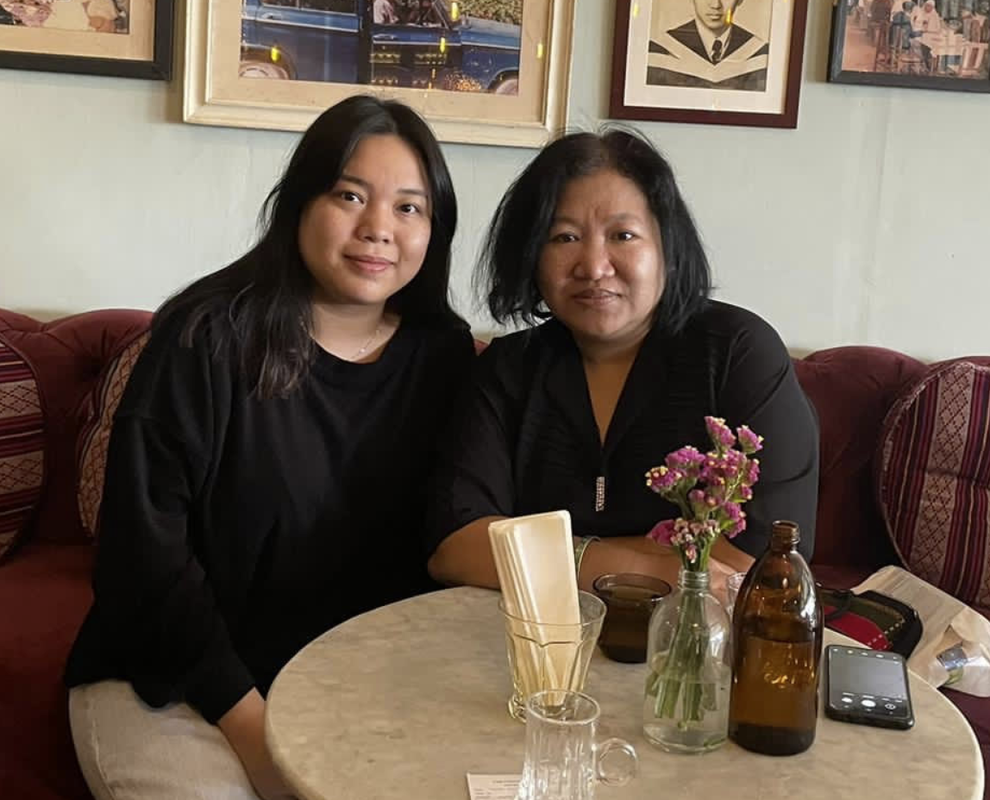
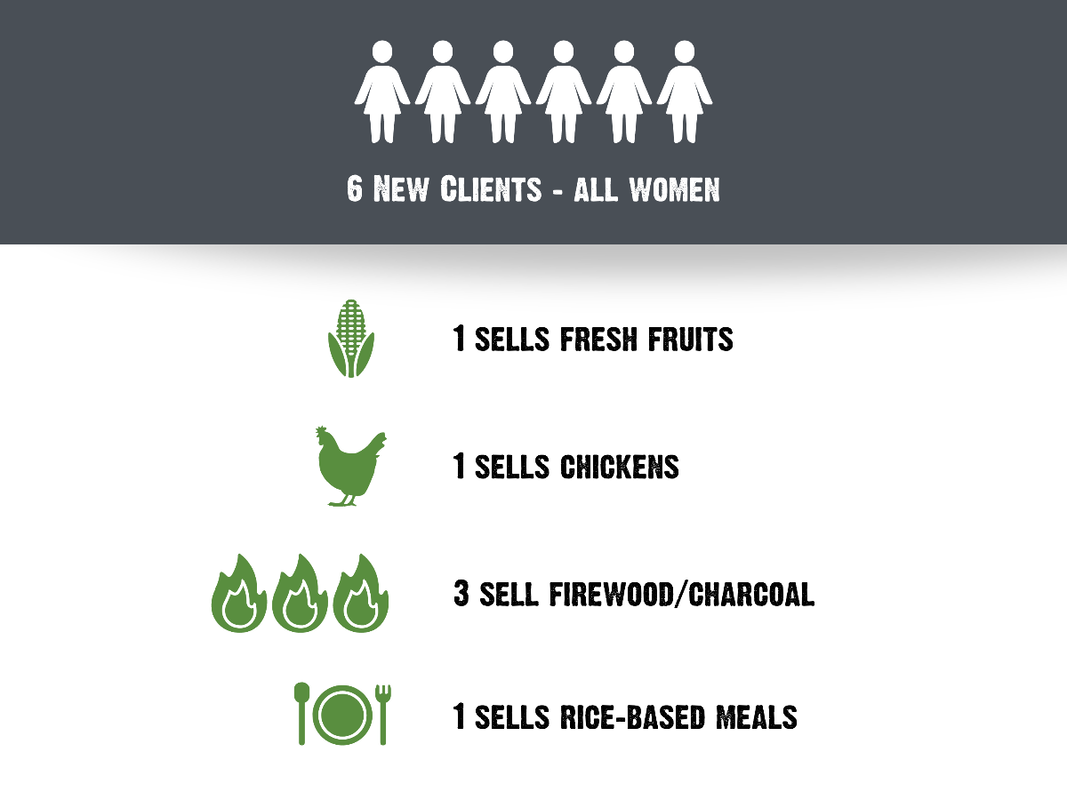
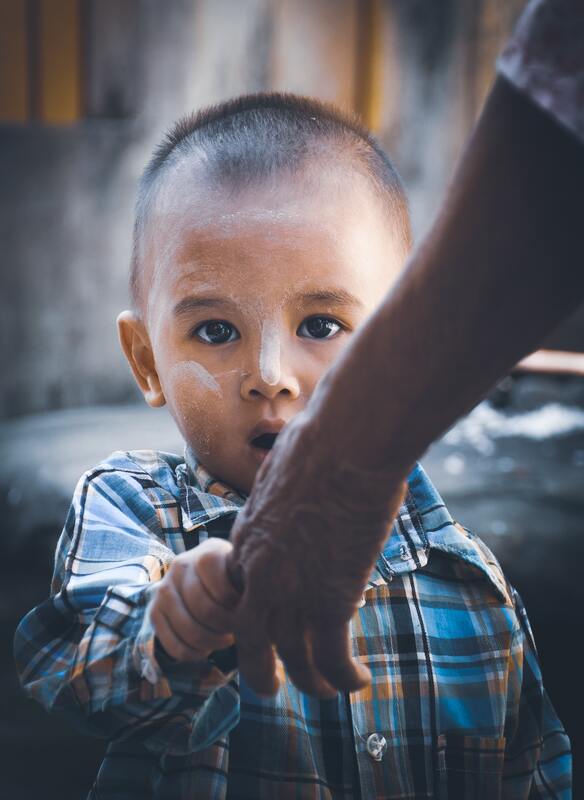
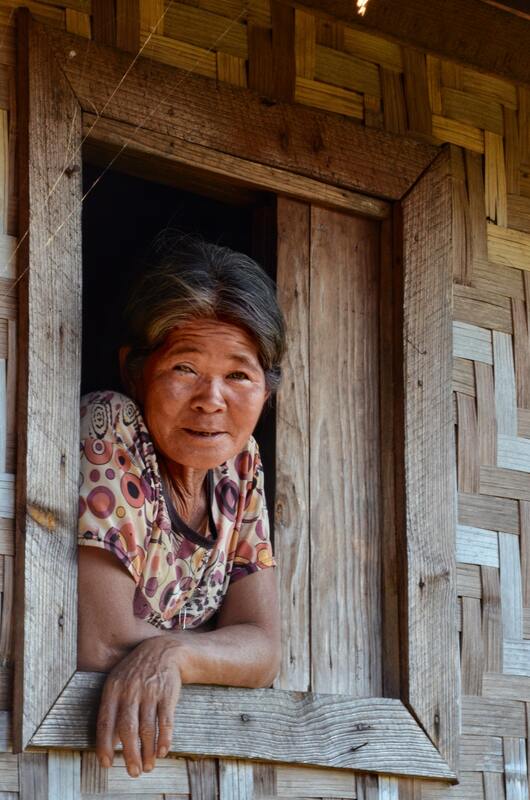
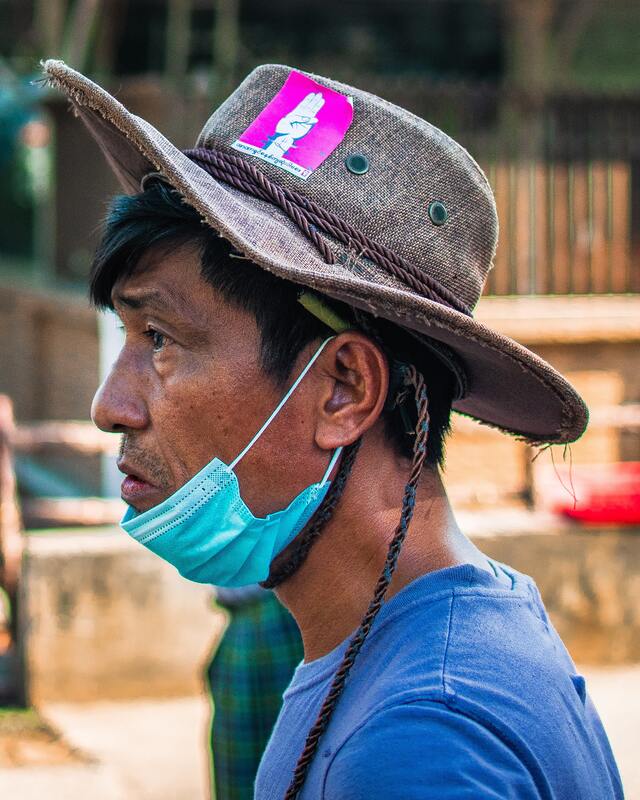

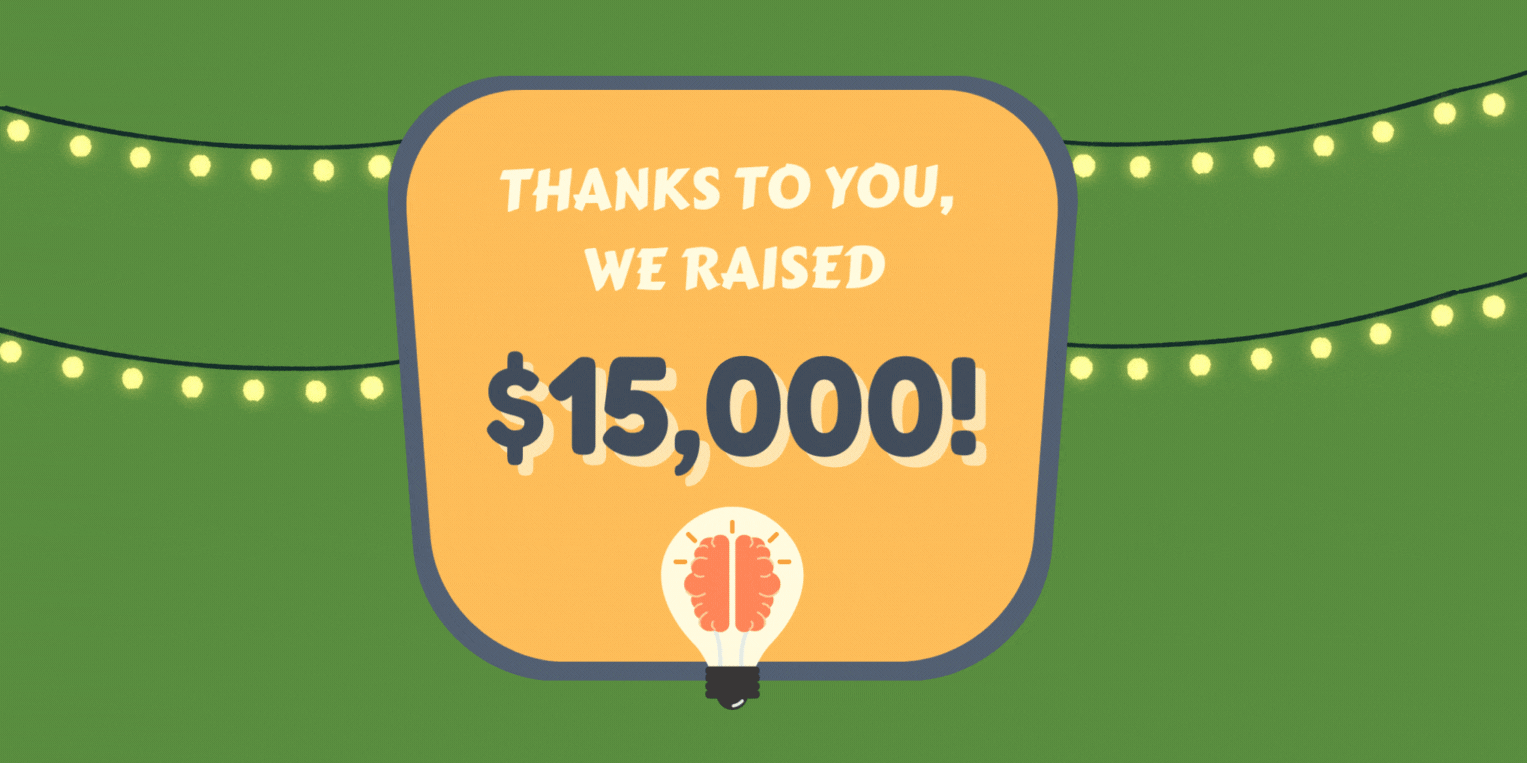
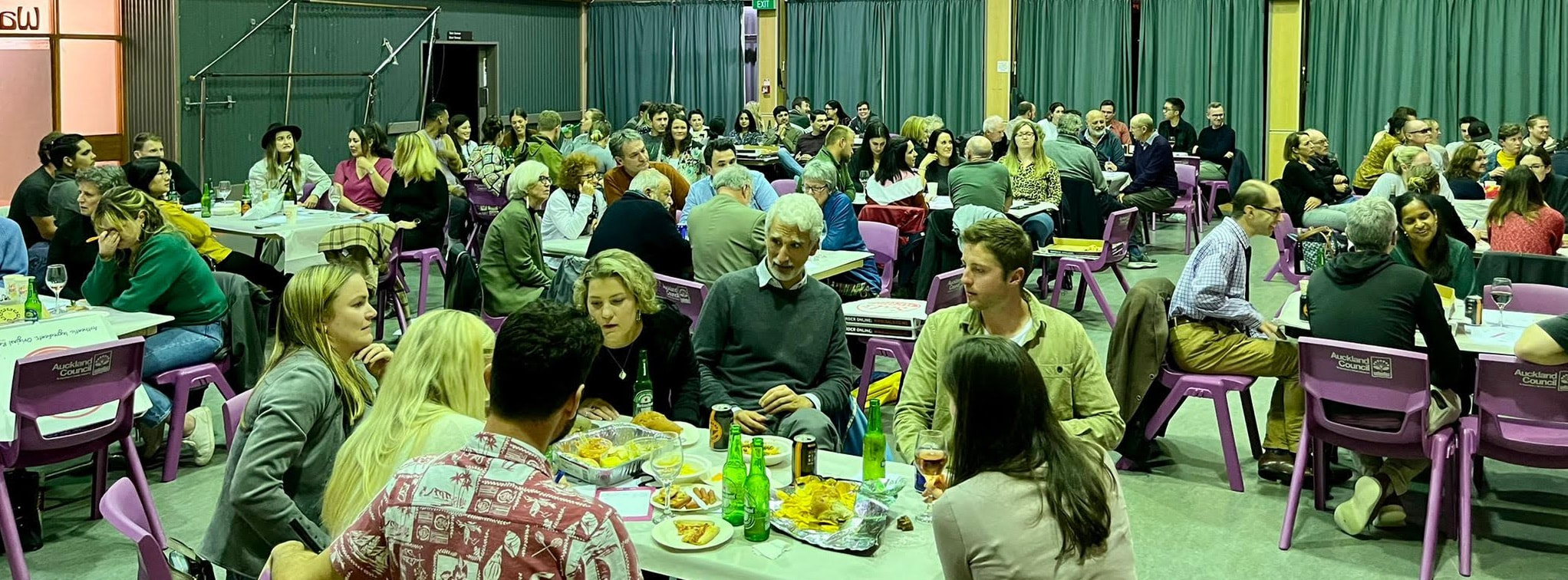
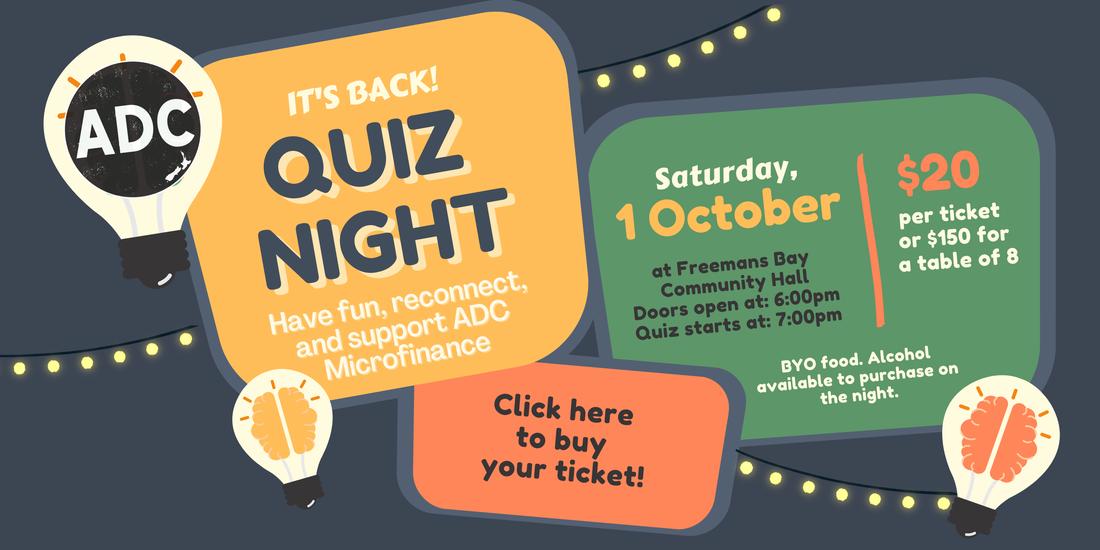
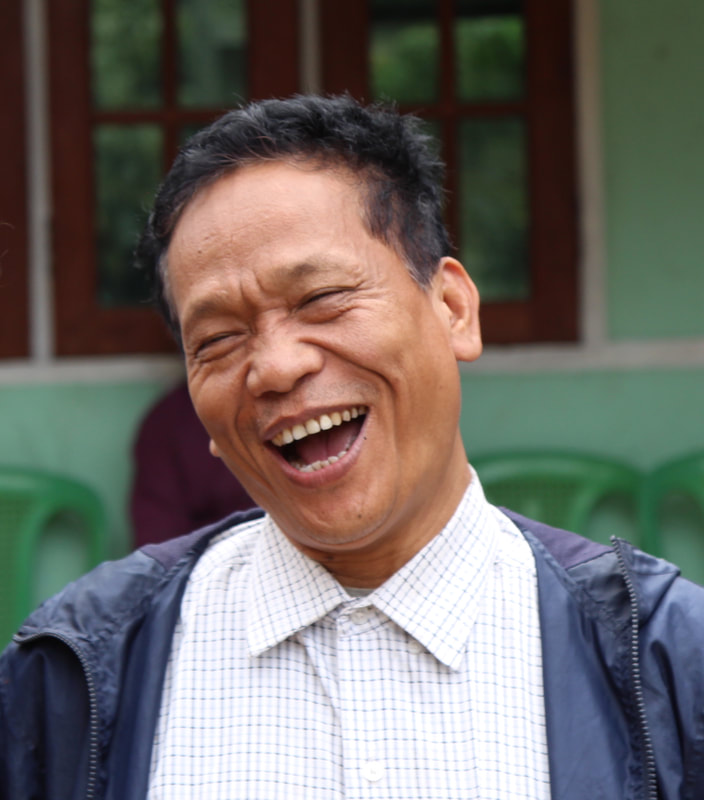
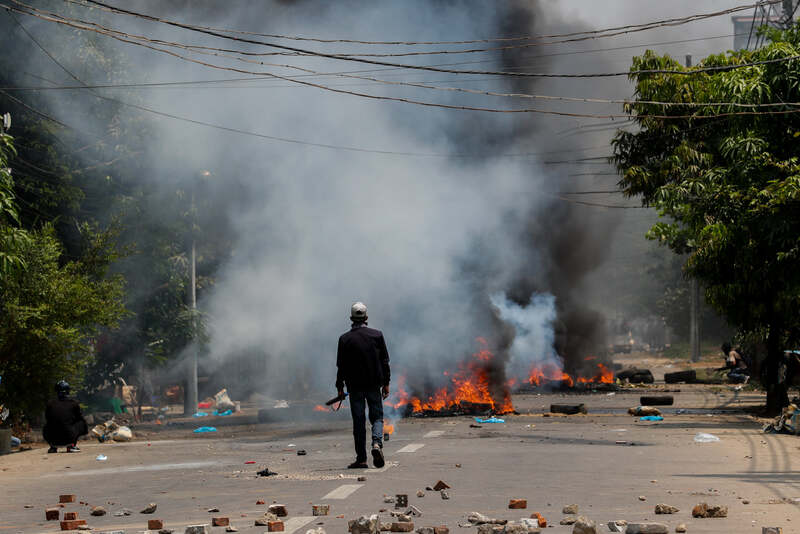
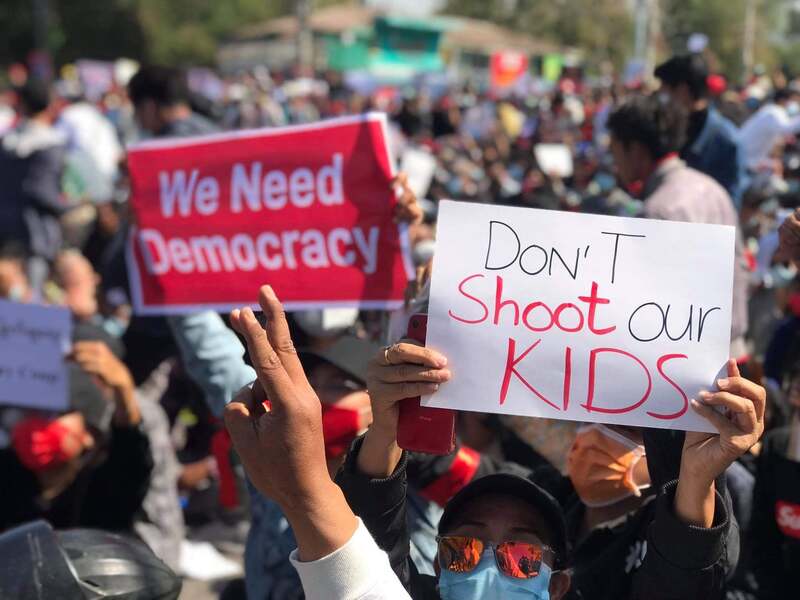
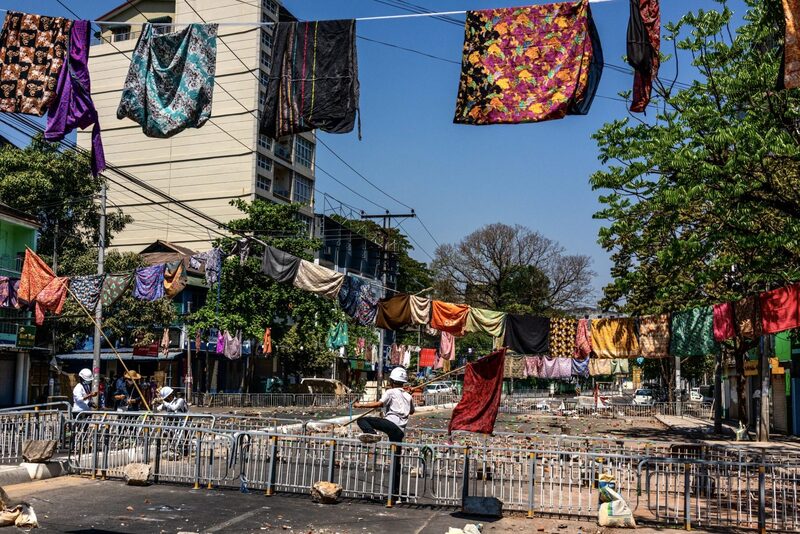
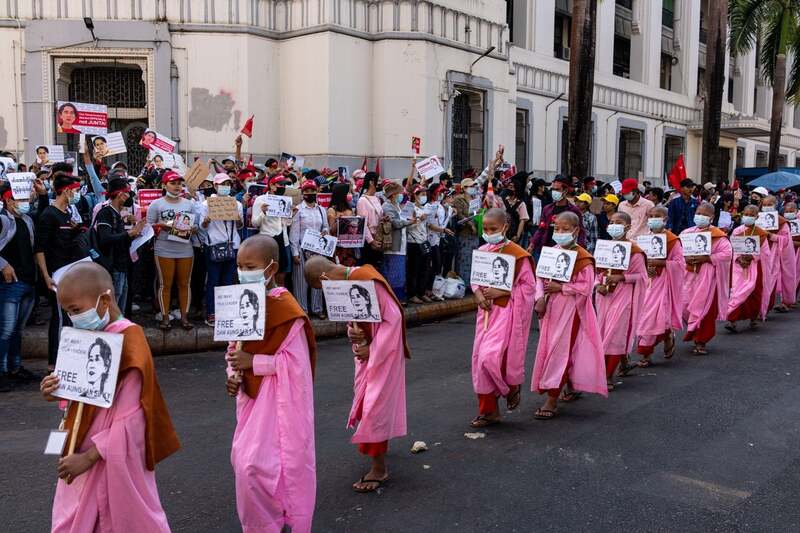
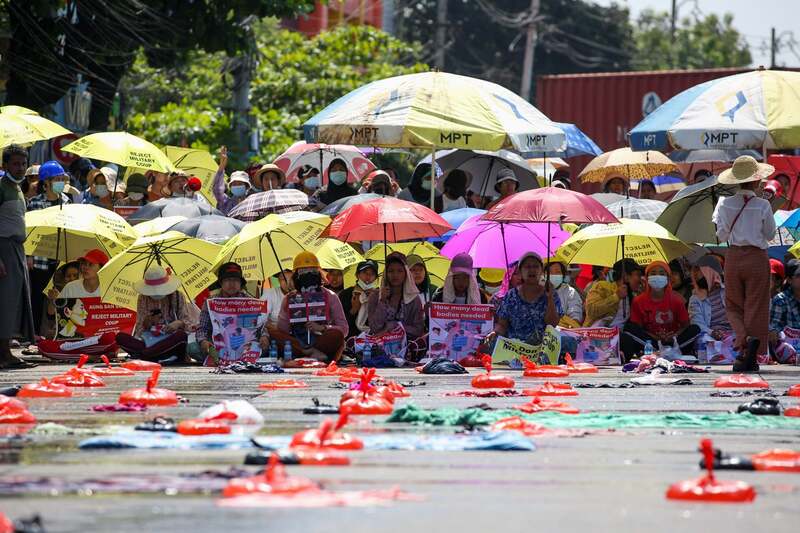
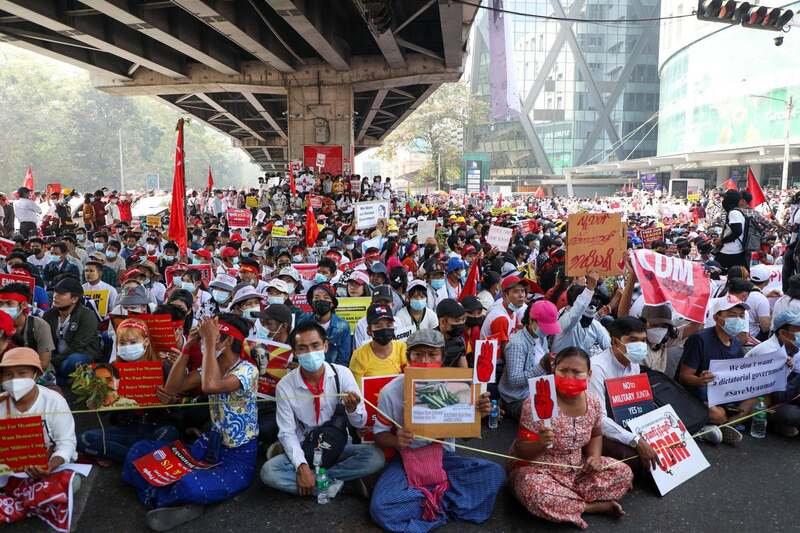
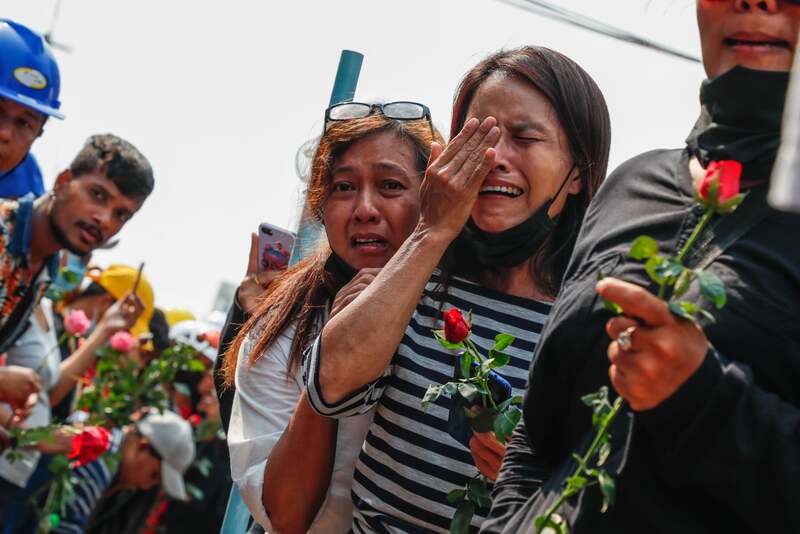
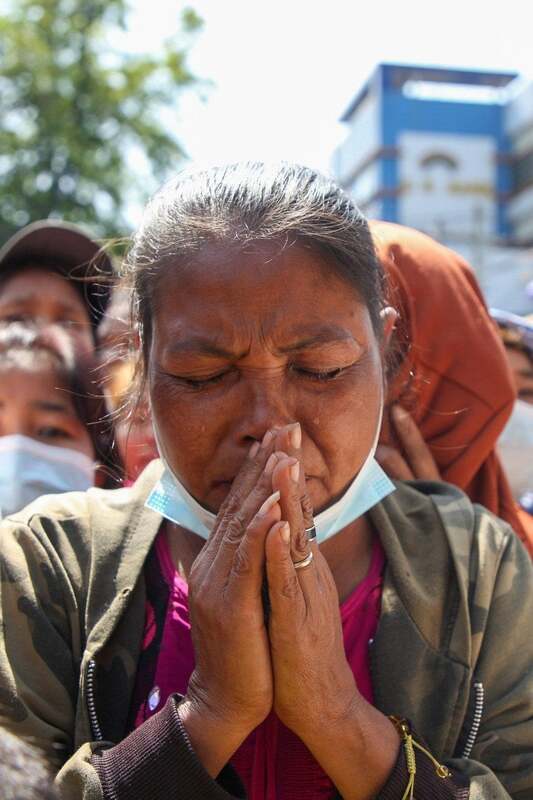
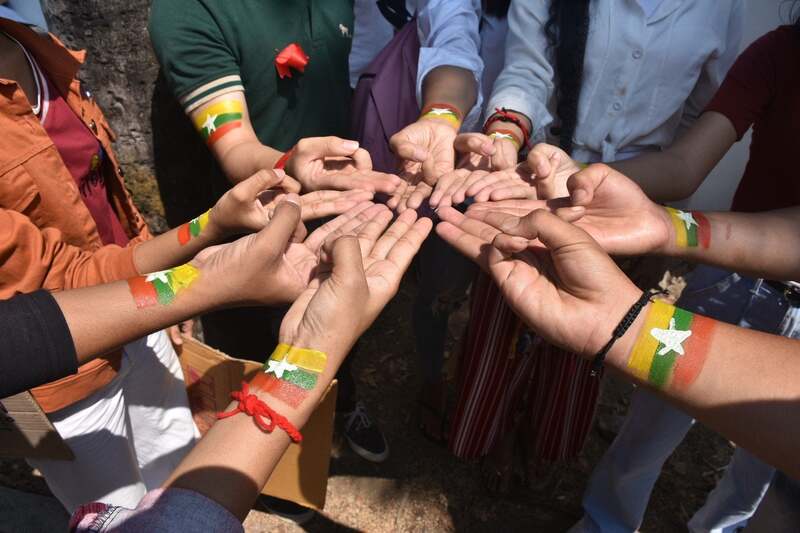
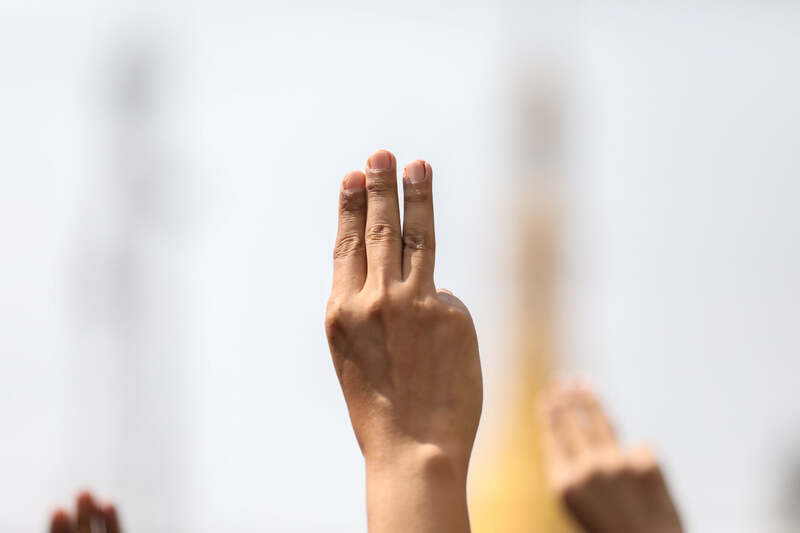
 RSS Feed
RSS Feed

